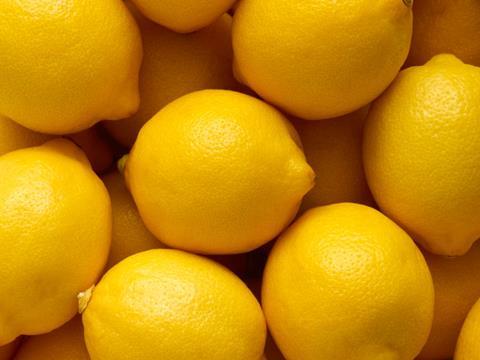
Tesco is set to trial Apeel, a plant-based edible protective coating for fresh produce, in approximately 80 stores to understand the effect it has on the shelf life of products including oranges and lemons.
Apeel is derived from lipids and glycerolipids that are found in the peels, seeds, and pulp of fruits and vegetables, which create a thin, edible ‘peel’ on the outside of produce that apparently slows the rate of water loss and oxidation, some of the primary causes of spoilage.
Michelle Masek, communications advisor at Apeel Sciences, previously told Packaging Europe: “For suppliers and retailers, Apeel is the only postharvest solution that creates an optimal microclimate inside every fruit or vegetable, maintaining quality, extending shelf life, and transportability — with reduced reliance on refrigeration and controlled atmosphere.”
Tesco will trial Apeel in approximately 80 Tesco Extras and Superstores around the Peterborough area. These stores will stock Apeel-coated Jaffa Oranges, Jaffa Sweet Easy Peelers, and Lemon Packs, with the trial focused on understanding the impact Apeel has on shelf life.
The Apeel solution will then be put through Tesco customer panels for feedback.
Sarah Bradbury, quality director at Tesco Group, comments: “Tackling food waste is one of the ways we’re working hard to minimise our environmental impact and help protect the planet.
“Apeel could be a powerful tool in helping us cut waste in our supply chain and help customers reduce it in their homes.”
According to Tesco, 400,00 tonnes of fruit are thrown away as household food waste annually. 720,000 whole oranges – one of the products targeted in Tesco’s trial – are reportedly thrown away each day.
A recent report from WRAP suggests that plastic packaging could increase food waste when used for some fresh produce, with the charity recommending that retailers remove Best Before dates and offer more options for purchasing loose. In 2018, Tesco says it removed Best Before dates from over 180 fruit and vegetable lines.
However, other research has found that the use of plastic packaging extends the shelf life of produce, with the Swiss research group Empa reporting that the environmental impact of throwing away spoiled cucumbers is higher than that of the plastic wrappers used to package them.
Solutions such as edible coatings could potentially balance the need to protect produce during transit, on shelves, and in the home with the aim to cut plastic usage. Empa has worked with Lidl Switzerland on an edible cellulose coating derived from pomace for fruits and vegetables, with a preliminary trial demonstrating extended shelf life for bananas, while Sufresca says its water-based emulsion composed of natural food ingredients provides a partial barrier for optimal gas exchange that helps to slow the post-harvest maturation and degradation of fresh produce.














No comments yet